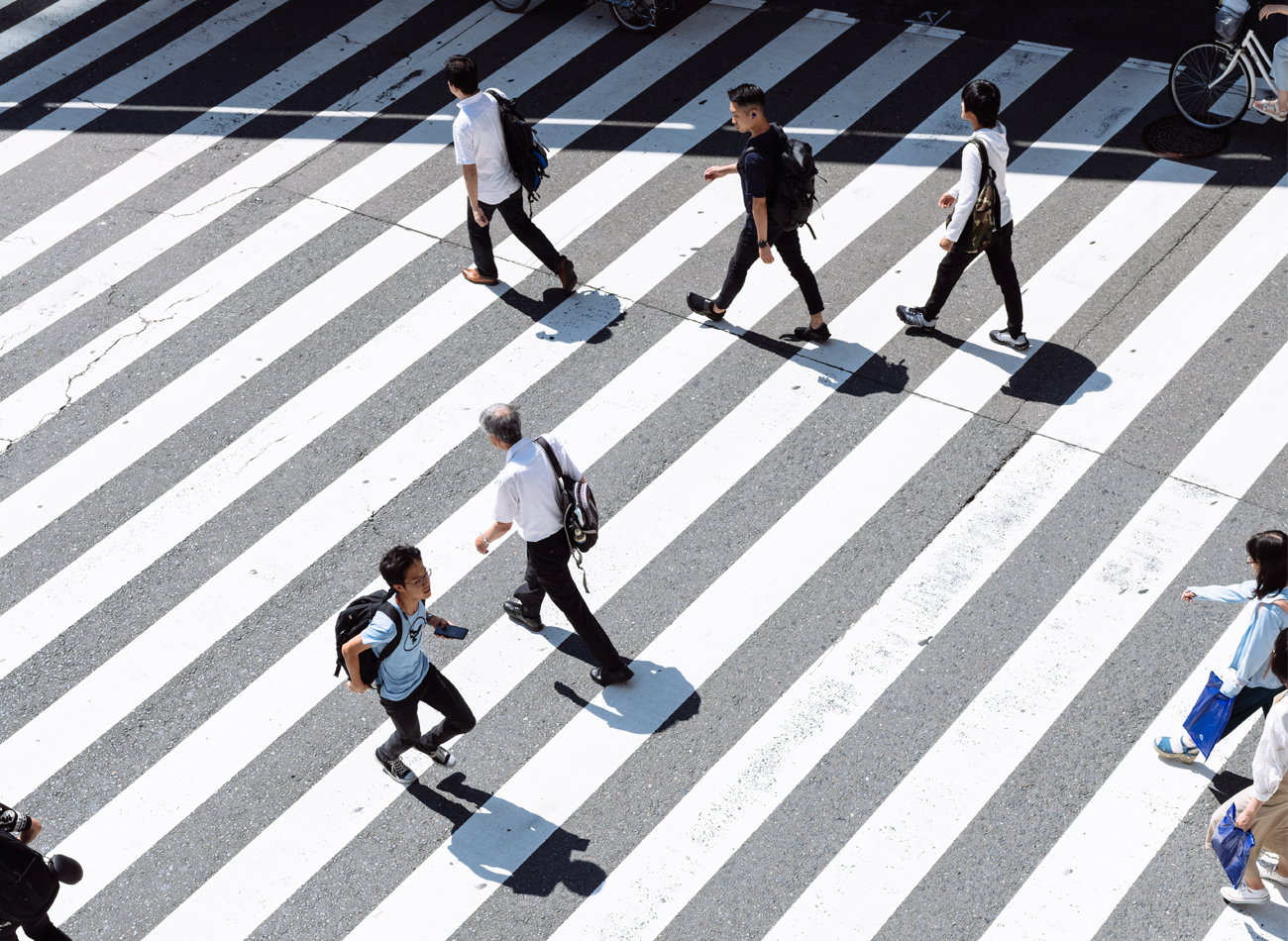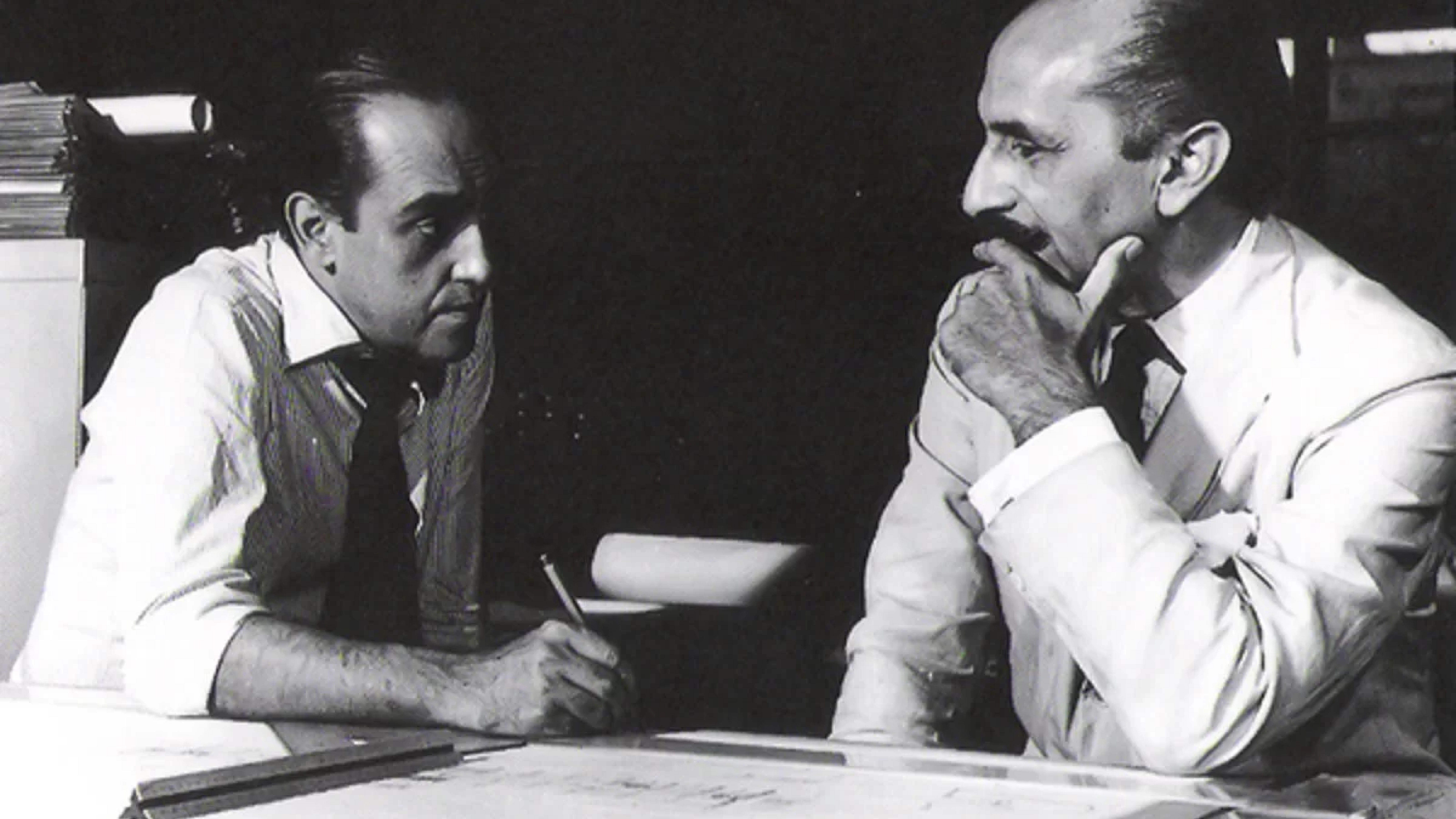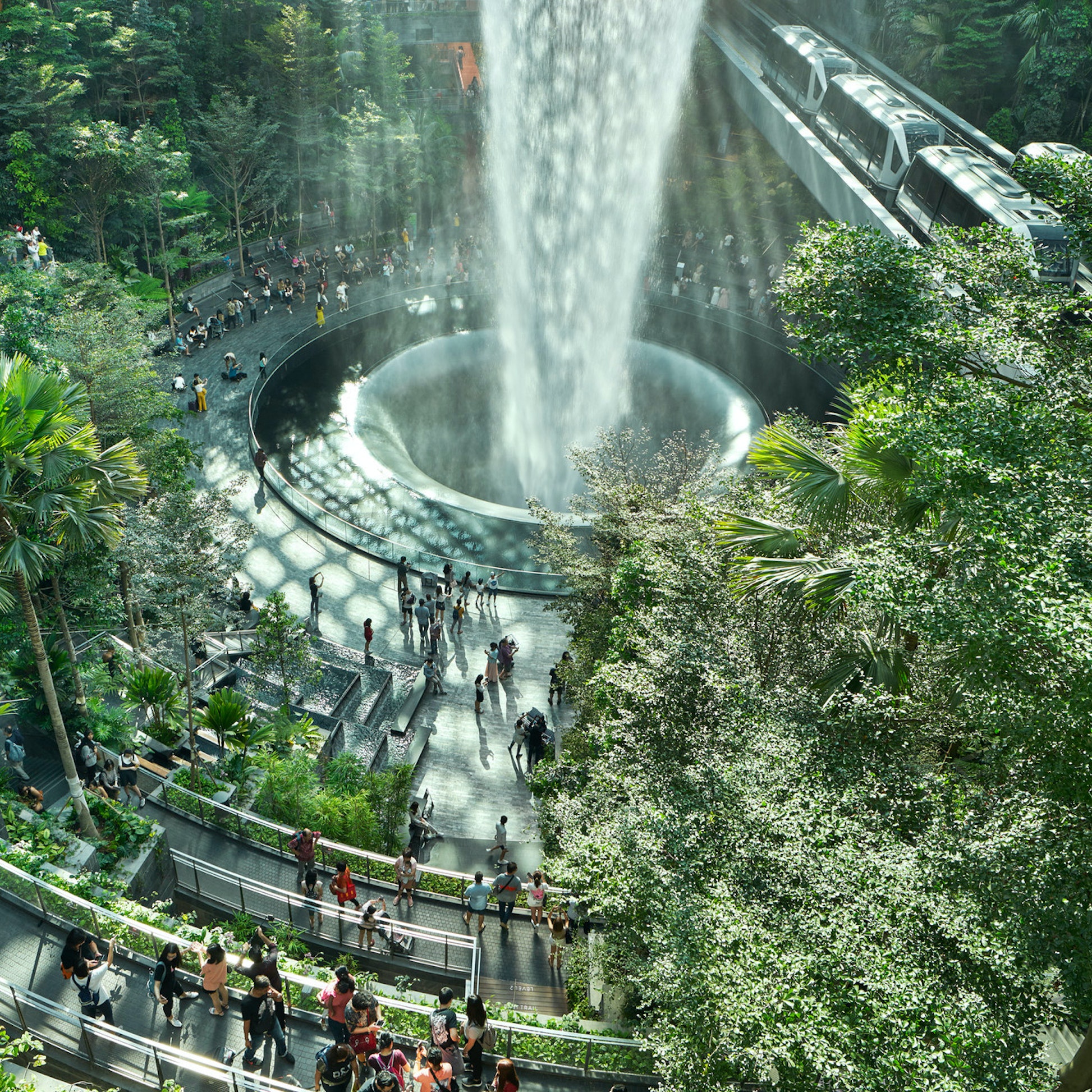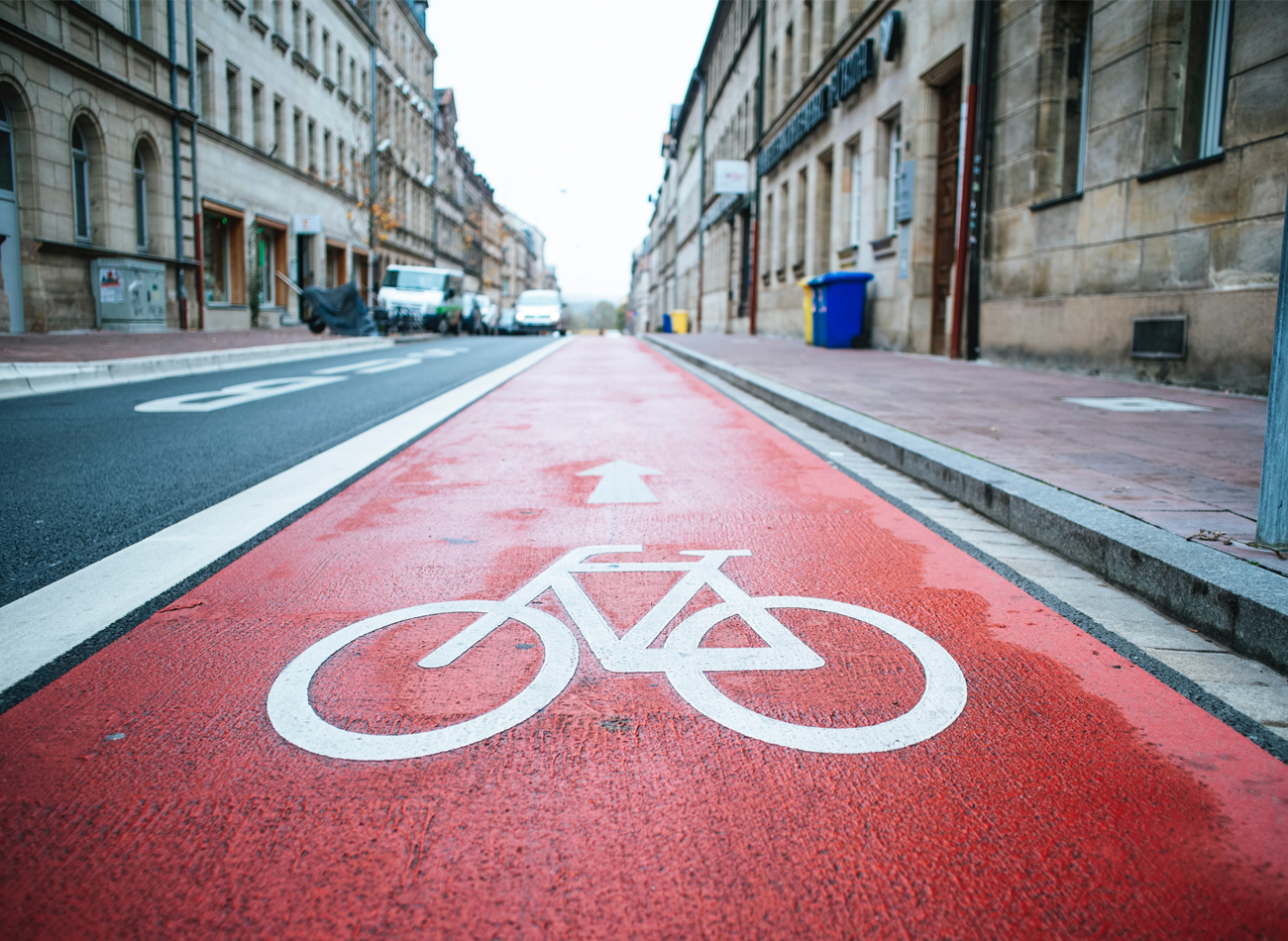The current COVID-19 crisis has led us to reflect on fundamental issues. How we work, live, move and socialize may have changed forever. We all ask ourselves: what in our standard practices should we retain or stop?
At Pertanto we believe that the future should be about placing the public space network at the very center of the city making process. We are certain that a high quality dignified public space system is the very backbone for healthy thriving communities. A system of interconnected plazas, courtyard, alleyways, open streets, gardens and parks make for an incredible public asset for city’s residents. Good public space networks are truly the democratic spaces that can be used by all members of the community no matter their background or their social economic strata.
When addressing the subject of advancing inclusion through urban design we may think mainly about improving the mobility infrastructure. But many times these large strategic urban design projects are not feasible for lack of funding —or colossal misallocation of resources— or lack of consensus around the preferred solution. On that account it is better to focus on temporary interventions by relying on simple means that have major impact.
This is exactly what ‘tactical urbanism’ entails. Tactical urbanism includes low-cost, temporary changes to the built environment intended to improve local neighborhoods and city gathering places [1]. If we want more inclusive, equitable and just cities we have to understand what forms of the city itself really support these notions. What are the things that unites us as a community?
Tactical urbanism puts the action squarely into the hands of city people, city employees, and city leaders, and citizens. It might seem that a temporary intervention is insignificant, but in actuality it is a powerful framework that’s very action-oriented and low cost. For the most part, it’s extremely fun to go and change a space with groups of people, ultimately uniting communities, sharing resources and thriving together.
Our Expert Ghigo DiTommaso is a director at Ghel, a firm dedicated to the development of a human scale, people-first approach to cities. They have been at the forefront of the Parklet program, a practice that takes back the streets overtly through tactical urbanism. The objective is to push against private car road space dominance to create more space for people to walk, cycle, hang out and play safely. Parklet spaces are a significant way to positively impact the public realm. They are a proven way to protect the local businesses of our cities, which now more than ever, need all the stimulus they can get.
Don’t miss out on the many other precedents shared by Ghigo in our Course: ‘Social Inclusion in Urbanism”.













Leave A Comment